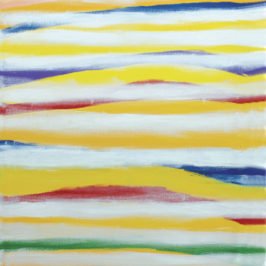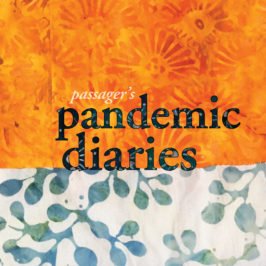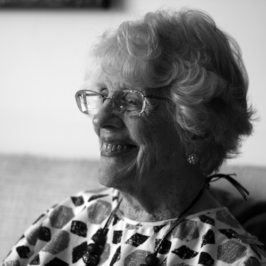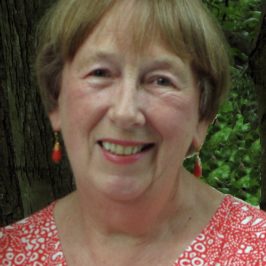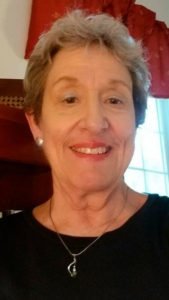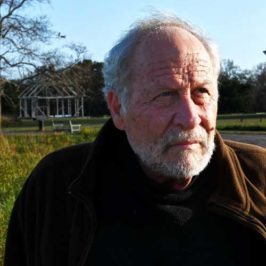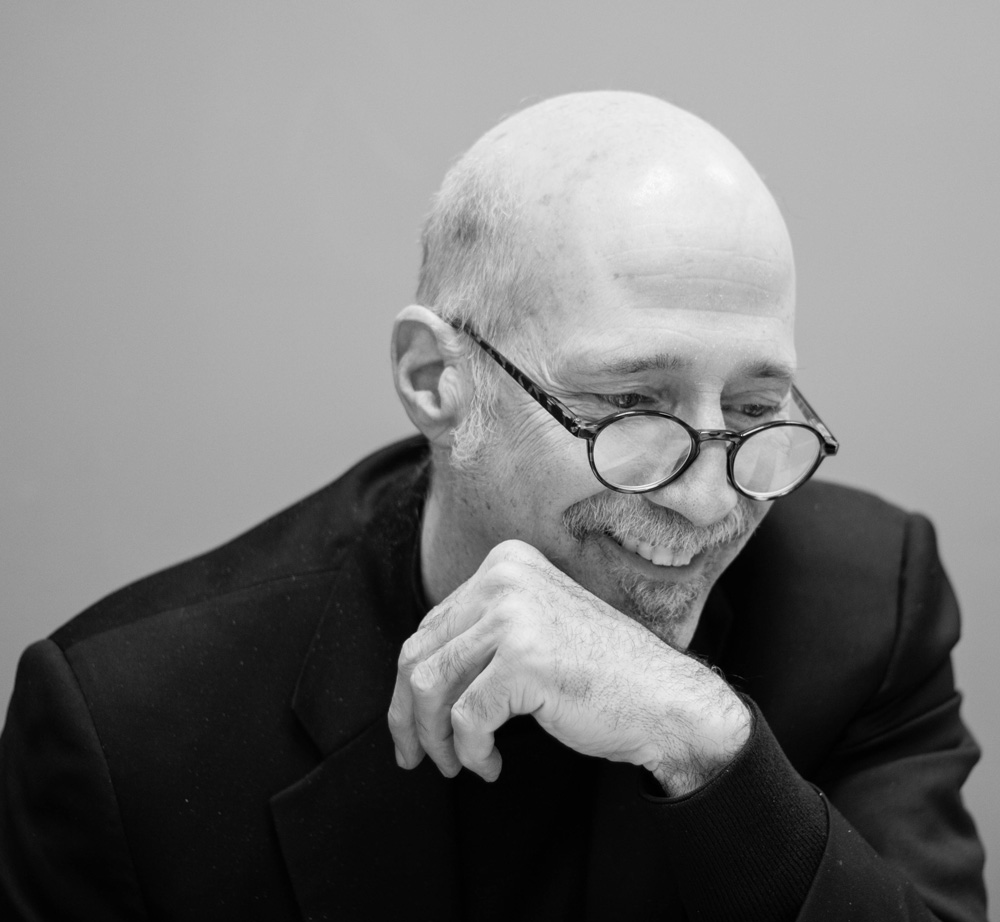
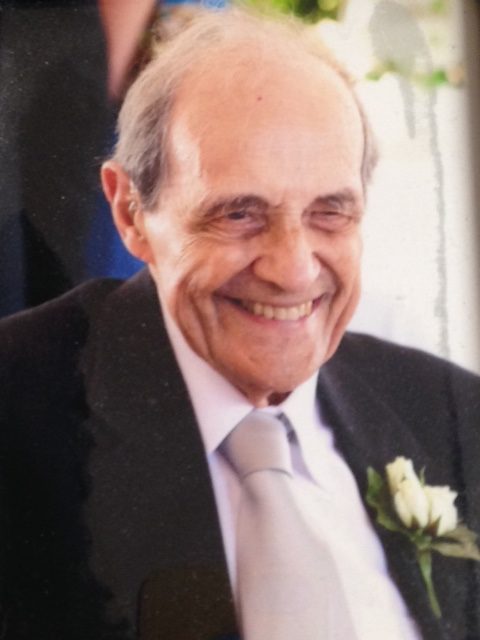
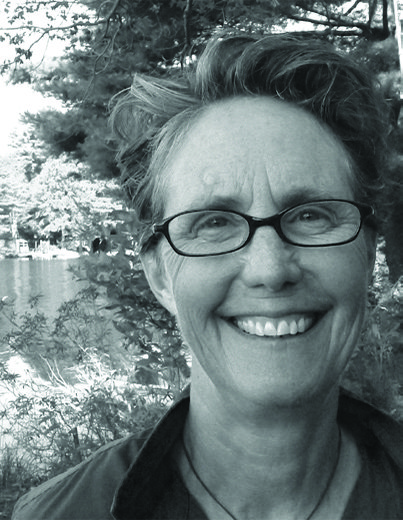
The season begins, with pieces by Harry Bauld, John Kimmey and Jennifer Wallace.
6 minutes
TRANSCRIPT
This month marks the beginning of baseball season, and we’re going to mark it with some pieces about the American pastime.
In his earlier days, 2017 Passager Poet Harry Bauld was an All-Ivy-League shortstop at Columbia University. He said that behind every attempt to hit a well-pitched baseball is a long history of daily practice, intense self-reflective focus on technical minutiae and repetitive revision which work together to produce wild flashes of natural and seemingly improvised originality. He said that’s one of the ways he thinks about writing poetry, too.
Here’s Harry Bauld’s poem “Ball” from his book The Uncorrected Eye.
Danny Sullivan hit an old Spalding,
its seams already starting, and tore
the cover half off. It flopped
like a numb tongue, and we chased it down
and groped its guts like one
of the thousand alewives we blew up
with firecrackers on the banks
of the Mystic River. We unrolled the yarn,
blue-grey as the weft of our grandmothers’
ancient heads, a quarter mile wound tight
as terza rima into the most compressed possible
argument around a nucleus that sang jump
from a fugue of clarity and cork. This was our first
mystery, what is inside and out, secrets
of speed and concussion, origin of the impetuous
and dangerous in the strictest order, an almost boring
vigilance of rules tightly wrapped,
exact specs; and then the filthy animal tent
of the case, its bridal white despoiled
by the surgical stitch of medical emergency,
a birth we couldn’t conceive. We read the entrails
of spin, the stir of inner speculation, centrifugal
and planetary, questions and answers about air.
In the park Danny laid the wool along the dirt
and we raced the length of its grip on us,
plotted with our sneakers the long line
between X and Y, and when we reached the end
there was hardly a breath left in us.
Harry Bauld’s poem “Ball.” Harry also said, comparing baseball and poetry, that unfortunately, many people think they’re both boring and arcane.
“At the lake shore there was another rowboat drawn up. The two Indians stood waiting.”
Those are the first two sentences of Ernest Hemingway’s short story “Indian Camp.” John Kimmey said that Hemingway’s story inspired his memoir “The Last Sentence.” He said he wrote it because “having two sons I was interested in the relationship between fathers and sons.”
The Last Sentence
When I think of my role as a son and a father, I think of Hemingway’s short story about a doctor taking his son Nick to an Indian camp to show him how a baby is born and then explaining why the husband in the bunk above the mother cuts his throat while she is screaming during the delivery. The mysteries of birth and death. Growing up, I never witnessed anything so shocking and never as a parent took Alex and Charles to watch anything so painful. If I had, would relations between us been different?
Actually, the only thing my father, owner of the T.L. De Freest bakery in Albany, New York, ever took me to was a World Series game between the Giants and the Yankees in 1936. And he didn’t know as much about the teams as I did, that the Giants’ pitcher, Carl Hubble, threw a screwball, and that Mel Ott, the Giants’ right fielder, was a homerun hitter, Joe DiMaggio on the Yankees was taking Babe Ruth’s place in the outfield after the slugger was traded to the Boston Red Sox. All he really cared about it seemed was running the bakery and compiling a stamp collection.
An excerpt from John Kimmey’s memoir “The Last Sentence” from Passager Issue 62.
Matsuo Basho was a 17th Century Japanese poet most famous for his haiku. We’ll end this baseball edition of Burning Bright with Jennifer Wallace’s “Basho at the Plate.”
In the frame made
by the catcher’s butt
and the umpire’s knee,
an April pear tree blooms white
against the green, green field.
“Basho at the Plate,” Jennifer Wallace from her book The Want Fire.
To buy The Want Fire or Harry Bauld’s book The Uncorrected Eye, or to subscribe to, or learn more about Passager and its commitment to writers over 50, go to passagerbooks.com.
You can download Burning Bright from Spotify, Apple and Google Podcasts, Audible, and a host of other podcast apps.
For Kendra, Mary, Christine, Rosanne, and the rest of the Passager staff, I’m Jon Shorr.

